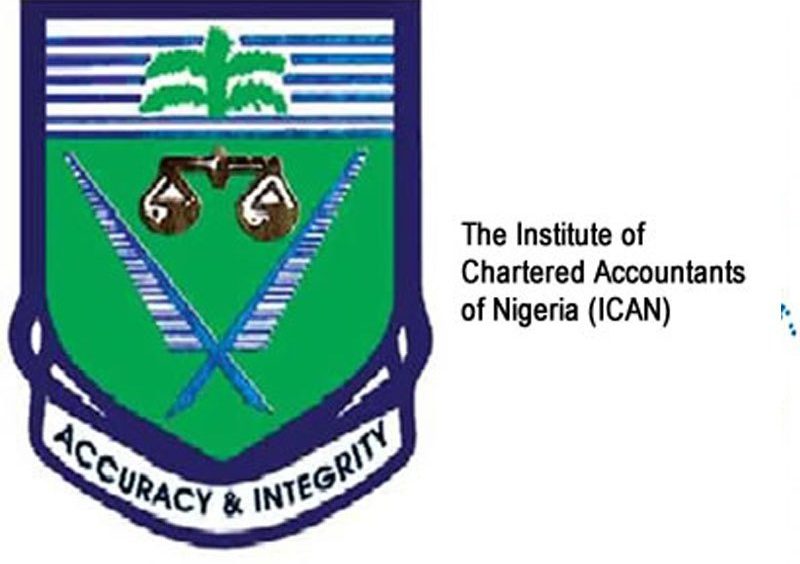NBS Budgets N35m For Cybersecurity Training
The National Bureau of Statistics has earmarked N35m in its 2025 budget proposal for “Capacity Building on Cybersecurity and Data Centre Management.”
This allocation comes at a critical time as the agency grapples with the aftermath of a cyberattack that compromised its website on December 18, 2024.
The breach, which was publicly disclosed via the bureau’s official X (formerly Twitter) account, led to a warning for the public to disregard any information on the platform until the situation is resolved.
This incident has raised significant concerns about the vulnerability of the bureau’s digital infrastructure, especially considering its crucial role as Nigeria’s primary source of statistical data.
In addition to the cybersecurity allocation, the NBS’s 2025 budget proposal includes several other projects aimed at improving its operational efficiency, modernising infrastructure, and enhancing service delivery.
For instance, the bureau has allocated N55m for the National Agricultural Sample Survey, N20m for the Compilation of Tourism, Education, Health, and Natural Resources Satellite Accounts, N50m for Tracking the Implementation of the 8-Point Agenda, and N50m for the System of Administrative Statistics Reports.
Other notable allocations include N60m for the National Integrated Survey of Establishment, N45m for Reform and Service Delivery Capacity Building, N35m for SDG Tracking, and N30m for the Revision of the Statistics Act.
Additional allocations of N25m each have been designated for Financial Management Capacity Building and Sustainable Procurement Methods Capacity Building, while N10m has been earmarked for developing capacity in creating infographics and statistical reports.
One of the most significant allocations in the budget is N500m for the Labour Force Survey.
The Compilation of Quarterly GDP by Production, Expenditure, and Income has been allocated N60m.
N15m has been allocated for the Waste Generated Statistics Report in Nigeria, while the NBS Annual Report and Quarterly Progress Reports have been allocated N10m.
Also, N80m has been set aside for the National Consultative Committee on Statistics, an initiative that facilitates collaboration among stakeholders in the national statistical system.
The Annual Abstract of Statistics has received N15m, while the Production of Demographic Statistics Bulletin has been allocated N9m.
N36m has been allocated for the Quarterly Production of Foreign Trade in Goods and Trade Intensity Index, while Producer Price Index Production, which measures changes in the prices of goods and services at the producer level, has been allocated N40m.
Similarly, the Consumer Price Index Production, a critical measure of inflation, has been allocated N80m, reflecting its central role in economic analysis and policymaking.
The bureau’s total expenditure proposed amounts to N9.85bn, with personnel costs constituting the majority of the allocation.
A significant portion of the budget is directed towards personnel costs, which account for N6.65bn.
With the website hack lasting for about a week, this may lead to delay in the release of critical reports by the government agency.
The NBS, a critical government agency responsible for collecting and disseminating statistical data on Nigeria’s economy, governance, and development, plays a pivotal role in informing public policy and decision-making processes.
The cyberattack highlights the increasing vulnerability of government institutions to digital threats.
Nigeria, Africa’s largest economy, is under siege from cybercriminals, with organisations facing an average of 3,759 cyberattacks weekly.
This was according to the latest 2024 African Perspectives on Cyber Security Report by Check Point Software Technologies.
The report paints a grim picture of the country’s vulnerability as it increasingly embraces digitalisation, with critical sectors such as finance, government, and education bearing the brunt of the attacks.
The report noted that government institutions are not spared, with public sector entities experiencing an average of 1,791 attacks weekly.
Ransomware and botnet activities dominate the threats to this sector, which plays a crucial role in managing the nation’s economy.





